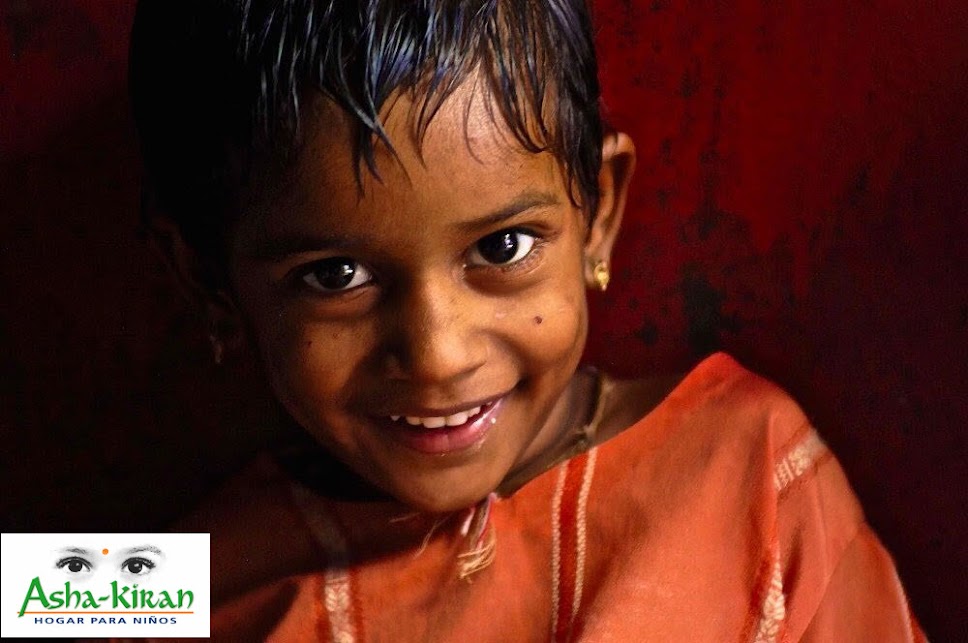Golu knows that he must open his eyes before sunrise and go out in the streets to collect garbage. He grabs his bag and starts walking. He lives in Varanasi, India, the holy city of Hinduism. He is surrounded by temples, the first religious songs, plastic bags, cows, insects and some goats. He prefers to do his work when the streets are full of objects that can be recycled and sold. While wandering in search of waste nobody looks at him,
he is considered “impure” because of his cast and because he is in contact with filth.
For Hindus, caste is not a social or economic fact, but the result of a reincarnation from behavior of one’s previous existence. So, along with one’s family, caste is the main reference for people and places them in a niche that generally determines the rest of their life.
Unicef estimates that 15 million dalit children work in conditions of semi-slavery for paltry wages.
Despite the struggle of the Dalits in the twenties which led to the abolition of the class system in 1950,
castes were never abolished in practice and some 200 million people are still considered untouchable. They are repudiated, insulted and expelled from public places. According to Human Rights Watch, there are more than 100,000 cases of rape, murder and other atrocities against Dalits in India every year,
many of them committed by the police themselves and supported by landowners.
At midmorning, Golu heads back home with a full bag and an empty stomach. He will eat if he’s lucky; otherwise he will have to wait for lunch to eat the only meal of the day. He does not mind eating the same thing. He loves rice and enjoys tasting every last grain.
As most Dalit children, Golu does not have a birth record, so he runs the risk of being kidnapped or sold for cash.
Human trafficking, prostitution, the sale of organs or child soldiers are some of the consequences suffered by some, often hidden under the guise of child domestic labor. Any child that has not been registered in the Civil Registry is considered a stateless person. There is no evidence or their age, their origin, or even their existence.
Before going to pick up his younger brother from school, Golu runs around the labyrinthine streets of the city. He goes to the Ganges River, dives in and takes a long bath. As he is thirsty, he takes a sip. The remains of human cremations that take place on the shore, the skeletons of animals, sewage and factory waste
have contributed to an alarming contamination of the river. After bathing, Golu gets dressed and runs to the headquarters of the Galician NGO
Semilla para el Cambio (
Seed for Change), where his brother awaits him.
The school has given a chance to slum children. It can be quite a challenge to find schools that will accept them.
Most directors shamelessly close their doors when they know the new students are Dalits. Half of ‘untouchable’ boys and 64% of the girls cannot finish their primary education partly because they are humiliated by their teachers.
Sitting on the ghats, the steps of the Ganges River, Golu goes over the alphabet written in his brother’s book. He knows it by heart, he can recite it faster than he can read it. Feeling self-satisfied, he borrows a kite from a boy and starts jumping and laughing to his heart’s content.
Right then, amidst letters and games, is the only time Golu feels like the child he really is.
It is getting dark and Goku must return home. Fearful, he wastes no time so he can hand over to his father the 10 rupees (€0.13) he made selling plastics. He then prepares a large wicker basket with candles and flowers he will sell in the ghats at night. He hurries so that his father won’t get angry. He manages to sell three candles which earn him 30 rupees (€0.40)
and thus avoids a beating. He borrows one of the candles, lights it, and lets the breeze and the river carry it away.
They say that once the candle is placed in the Ganges, the water carries what one has asked for. A big moon shines on the ancient waters of the sacred river, with a tiny light that carries away Golu’s wish: ‘
to become a doctor and help people’.
Source: elpais.com










